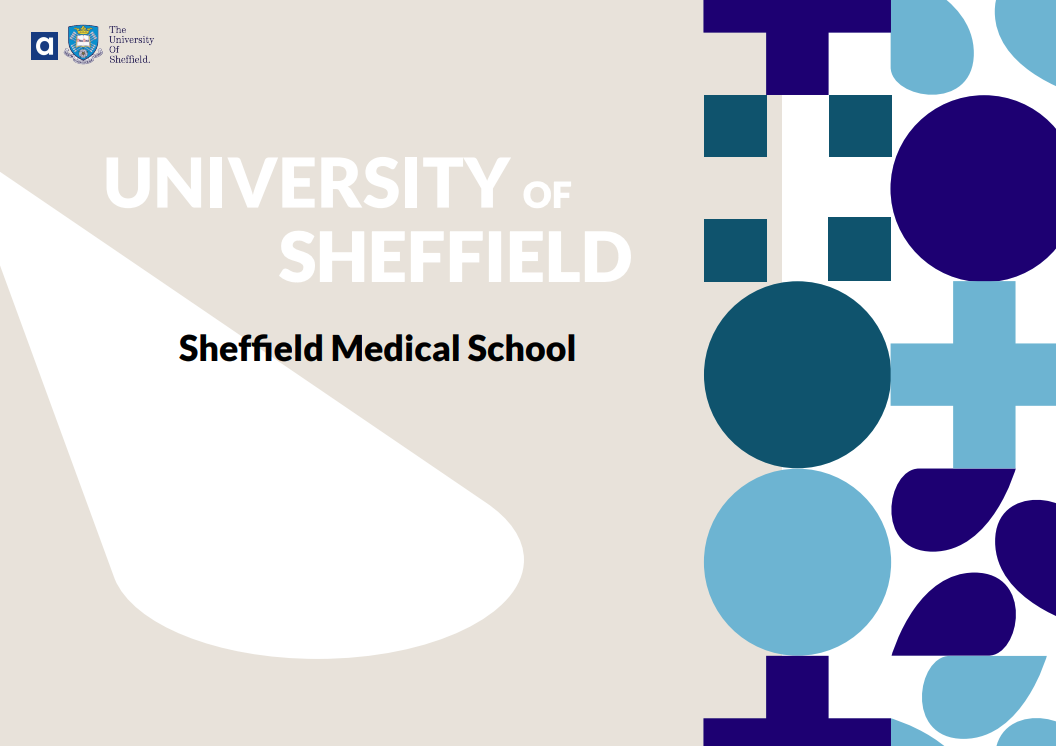“The iPad and the (Qpercom) Observe software have been transformational for me. I was initially reluctant as I wasn’t convinced that we would have enough time to assess the exam and type up our feedback. I was incredibly impressed at how easy it is and how effectively the OSCEs are run”
– Medical School Examiner, University of Sheffield
Qpercom’s Observe platform recently featured in a case study published by Academia.co.uk in conjunction with Apple and the University of Sheffield.
The case study focuses on the use of iPads for assessment by the Medical School at the University of Sheffield. The school has been a client of Qpercom since 2016 and has used Observe to facilitate assessment for their OSCE exams. In addition to data collection and results, universities use Observe for psychometric analysis, multi-examiner and multi-location and direct feedback delivery.
In the case of Sheffield, the department has an on-site team that monitors the OSCE exams and then carries out data analysis from the real-time data and results published by our platform.

Qpercom Observe on iPads
The case study describes the Medical School at the University of Sheffield’s use iPads to deliver digital assessment. According to the study, iPads allow total equality across examiners, increase reliability, security (due to the single app lock feature) and user experience with the option of predictive text proving particularly helpful.
The use of iPads is made possible by Qperom Observe’s compatability with the Google Chrome browser on any device.
The School previously used paper-based assessment and had to enter large amounts of data manually which could take several months. Now using Qpercom Observe on iPads means results turnaround is much faster, examiner error is minimal or has been completely eliminated in some cases, and the student experience is overall much more positive.
To read the full case study on the University of Sheffield’s experience using Qpercom Observe to run their OSCEs, click here.





























